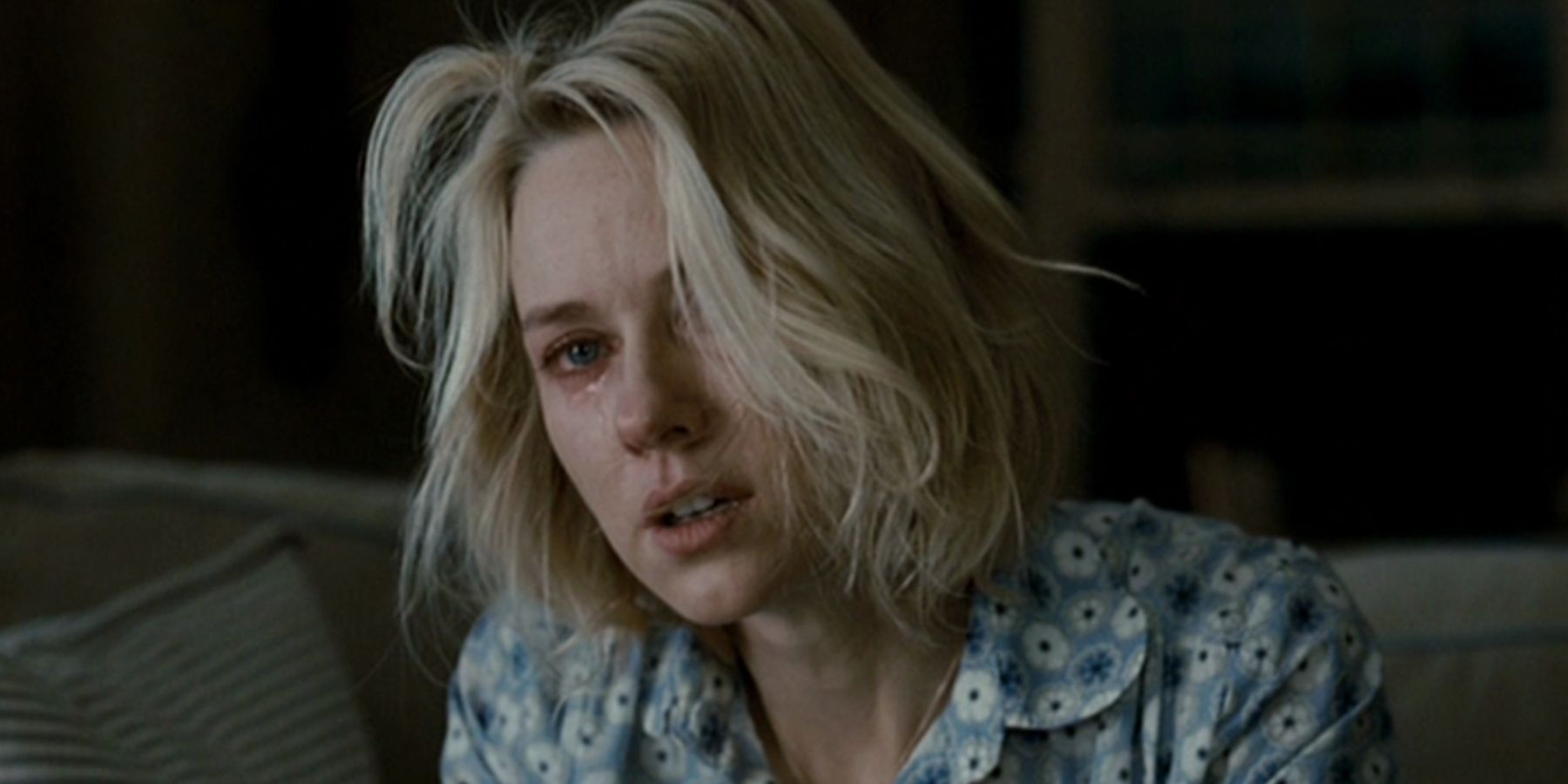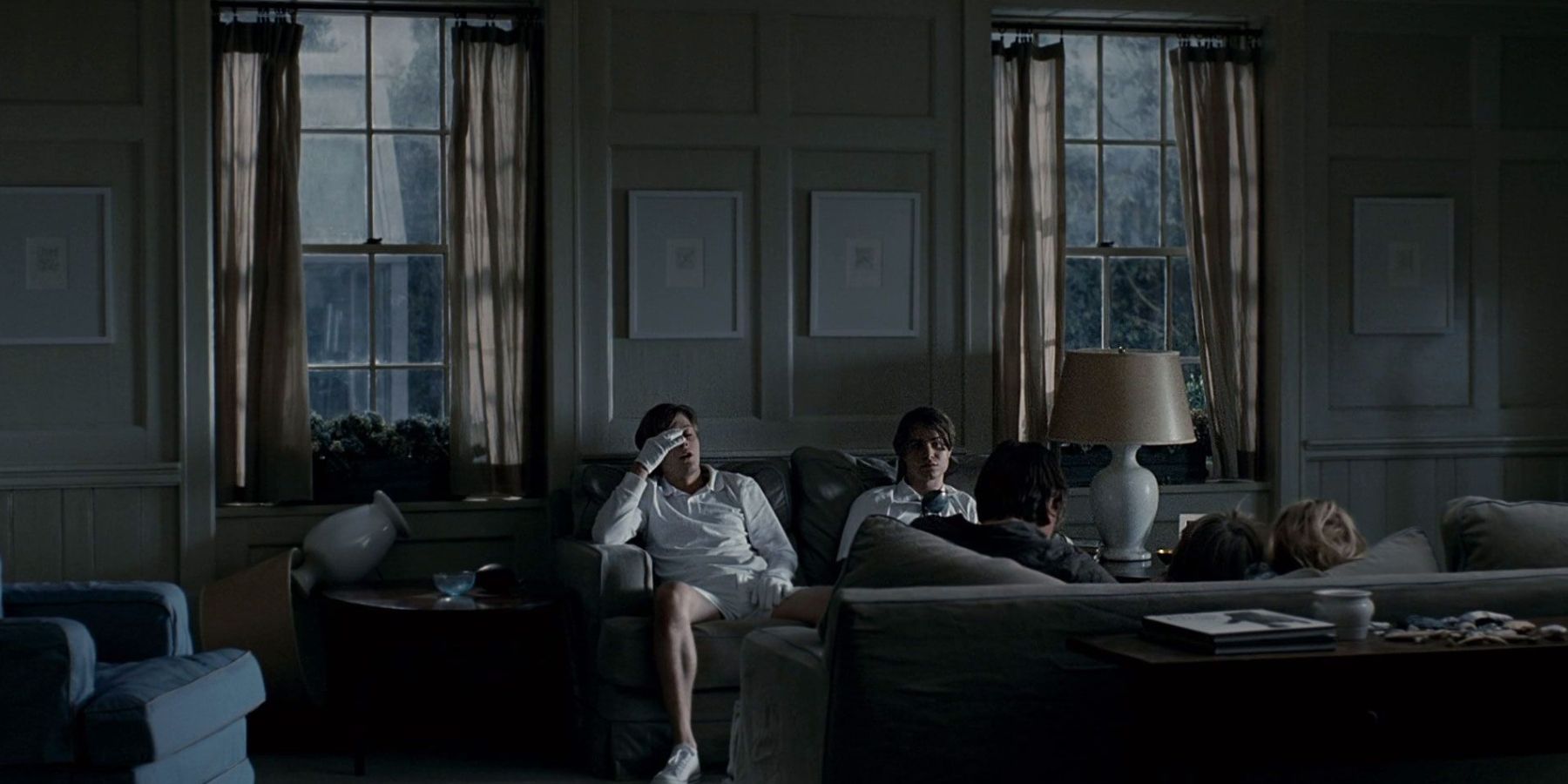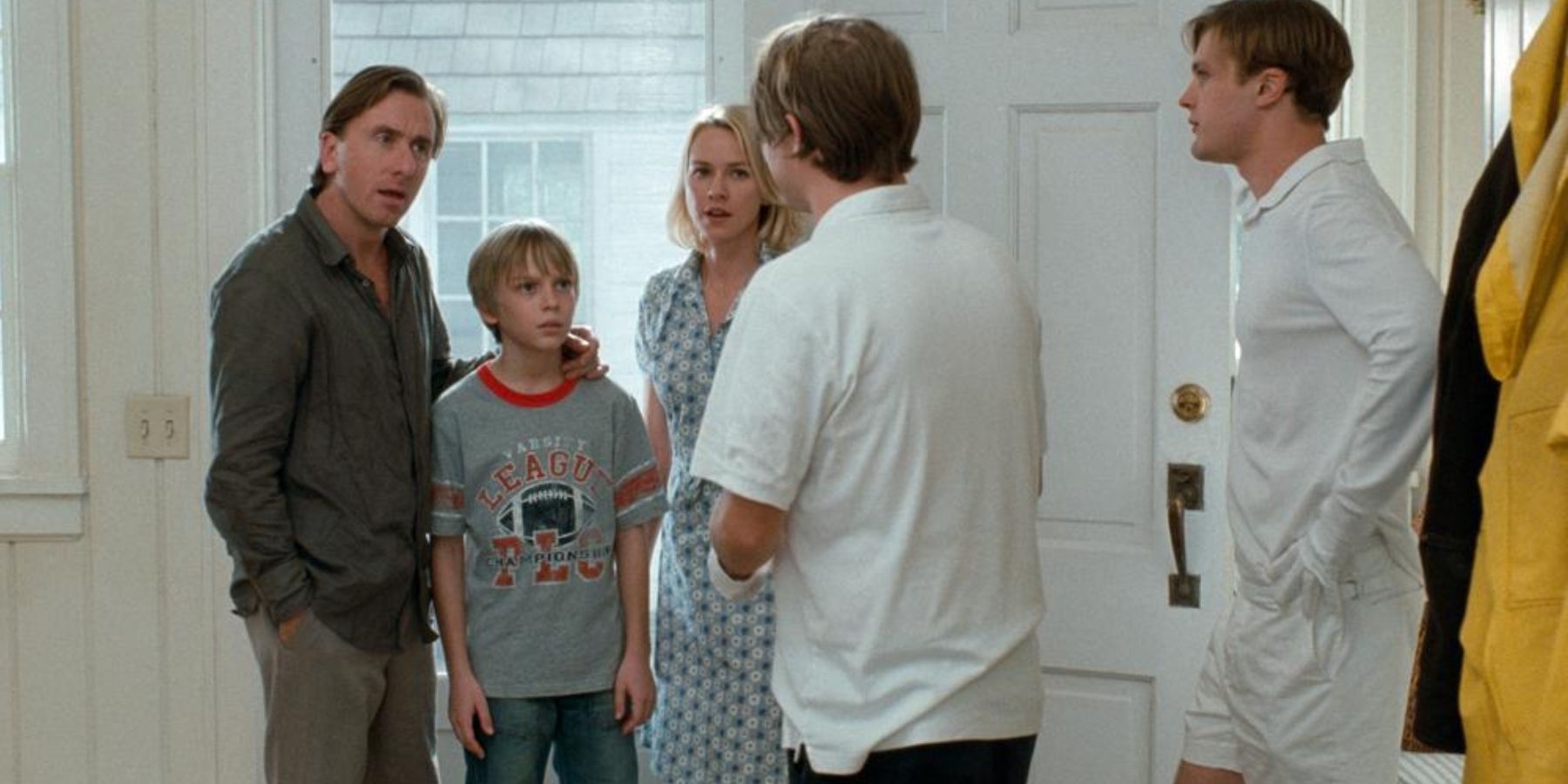Film remakes have been commonplace in the cinema industry since the 1980s, with mixed success. Sometimes a remake is so successful that it supersedes the original works in quality and popularity. Often though, remakes are very highly criticized and seen as nothing more than a pointless cash grab. This is especially true when it comes to the world of shot-for-shot remakes, and there aren't many deemed to be successful.
A shot-for-shot remake is a fairly self-explanatory concept. It's essentially a remake that is just a clone of the original film. This includes the story progression, the shot-list, and cinematography, and often the script as well. A common criticism of this kind of remake is that it doesn't have value. This style of remake tends to not add anything to the original film or story, because it's the same as the original. When one is doing this kind of remake with a very old film, it can also come across as very dated.
Though it's very hard to make a shot-for-shot remake that people like, it can be done. The most well-known and well-liked example of this is probably Michael Haneke's 2007 film Funny Games. It's a shot-for-shot remake of his own movie from 10 years prior. However while the original is set in Austria and is in German language, the remake is set in America and is in English. While it is essentially a clone of the original Funny Games, it's one of the only shot-for-shot remakes that stands on its own in quality and impact.
The Intention of Funny Games
The concept and plot of both Funny Games films are identical. They're centered around a single middle-class family consisting of a mother, a father, and their son. While at their vacation homes, two young men infiltrate their lives and essentially hold them hostage while forcing them to play sadistic psychological and physical games. While there isn't a lot of on-screen violence shown in the films, they are still incredibly brutal and hard to watch. Both versions of Funny Games will often be found on lists of most disturbing and scary films.
Haneke's intention behind the film is an interesting one. He has said that it was meant to be a commentary on violence in the media, because while this film is incredibly violent it is also rendered completely pointless by a few aspects. This includes its ending, as well as the "breaking the fourth wall" techniques used by the main villain of the movie. It's constantly blurring the line between fiction and reality, and some aspects do just feel like a parody of the home invasion thriller/horror genre.
While the original film was made in 1997 when conversations around violence in media were really a hot topic, it's interesting to note that the American remake was a whole ten years later and is still relevant. The movie has stayed exactly the same, but the context is completely different. This is due in part to the new setting of the United States, as well as the cultural events that took place in those ten years. In America especially, the conversation around violence in media hit an all-time high following the Columbine High School shooting in 1999, and even more so after the 2001 9/11 attacks.
A Good Reason For A Remake
Part of what makes the Funny Games remake relevant is that it's what Michael Haneke had originally wanted for the movie in the first place. It was supposed to be set in America, with English-speaking actors. Because of some logistical reasons though, he decided to keep the film in his home country of Austria. As an American movie was his original intent, there is an extra value added to the remake. It's more than a simple cash-grab or an Americanized version. It's a look into more of what Michael Haneke's vision was truly supposed to look like.
Shot-for-shot remakes often are criticized for being somewhat dull and lifeless compared to their original works. This is not the case for Funny Games. It's rare for a director to strike magic twice, especially when doing a remake, but Haneke does it. Funny Games 2007 is every bit as scary and tense as Funny Games 1997 and nothing about it feels lifeless at all. The feeling is completely bleak and the atmosphere is full of dread. Part of that is due to the actors, notably Naomi Watts and Tim Roth as the lead couple and Michael Pitt and Brady Corbet as the villains. It's hard to completely recreate what someone else did, and somehow put your own spin on it without losing the effect. Somehow, everyone in this movie was successful at doing that which is a big part of what makes it good.
Even though both Funny Games films have had a mixed reception from critics and wider audiences, they have a good fanbase and are especially popular among those who love horror and general disturbing movies. Some continue to be turned off by the American remake because of the stigma surrounding shot-for-shot renditions, but it's a hidden gem that can really stand on its own in intention and quality. Those who have been dubious of wasting their time with it when they've already seen the original, should potentially rethink their position.



